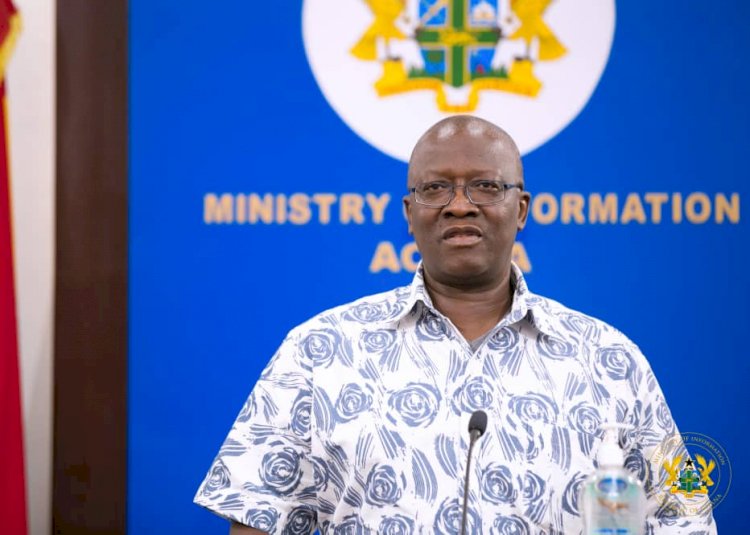“Simple Arithmetic is What Some People Cannot Do” - Noguchi Virologist responds to Critics over Covid-19 Tests Count
He mentioned that, to improve efficiency in the processing of samples, the Ghana Health Service is set to introduce a barcode system.

The Head virologist at the Noguchi Memorial Institute of Medical Research (NMIMR), Prof. William Ampofo yesterday chided critics over wrongful analysis of Ghana’s covid-19 testing figures.
Some persons have raised concerns over the accuracy of data provided by the government since the outbreak of the novel Coronavirus in Ghana.
A former Director-General of the Ghana Health Service (GHS), Professor Agyeman Badu Akosa, for instance, demanded an explanation for the "high" covid-19 case count recorded in the country, raising suspicions on data manipulation.
However, Prof Ampofo explained that, the critics had it wrong in their arithmetic analysis of the testing exercise.
“We simply pool the samples. What is pooling? Pooling just means that if you have 1,000 samples, you put them in pools of thousands. Therefore, you test at a time 100 pools. So, at a time, instead of testing only 1,000 samples, you are actually testing 10,000 samples. This simple arithmetic is what some people cannot do?” he said in response to Prof. Akosa and others who are challenging the data the authorities are churning out.
READ ALSO:
Covid-19: "Ghana’s 68,591 Tested Cases Include Duplicates" - Presidential Health Advisor
He further explained in a press briefing yesterday that “those counts for the retests of people who are positive are in separate databases. It is not counted among those who we are screening for the first time.”
“When we provide the cumulative figures to the Ghana Health Service, it excludes those who have been retested… what Ghana Health Service is reporting is the number of individuals who are tested,”
To improve efficiency in the processing of samples, the Ghana Health Service is set to introduce a barcode system.
“We wish we had done this from the beginning,” Prof. Ampofo admitted during the briefing.
“Each sample will have a barcode with a geographical location of where the sample is collected, the sample will arrive in the lab, the barcode will be read, and then the results will be transmitted electronically from the lab back to the central database,” he explained.






































